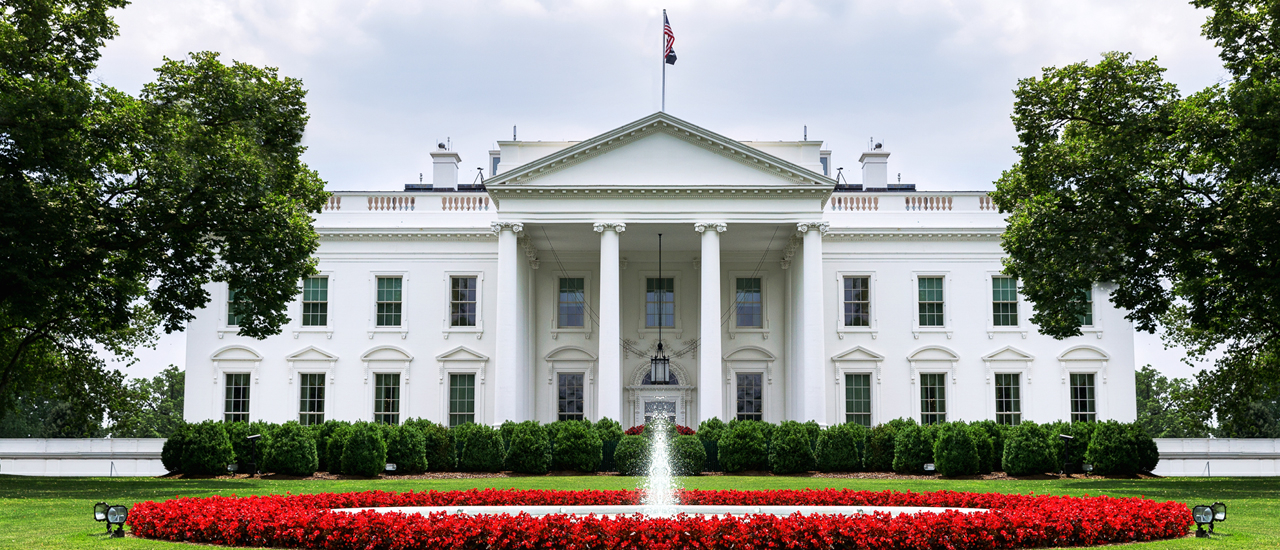
Presidential Elections, Tax Chaos
The upcoming U.S. election on November 3 will not only seat a President for the next four years, it will also establish which party controls both houses of the U.S. Congress, and with control, the ability of the President and his administration to set the legislative agenda. Tax provisions proposed by the two candidates will impact both U.S. taxpayers and multinationals doing business with the U.S., regardless of the election outcome.
The candidates have proposed numerous tax changes that will need to be considered by the new Congress. With the U.S Treasury and Internal Revenue Service still attempting to interpret and provide guidance with respect to the 2017 tax changes, understanding the candidates’ proposals and their impacts will place a severe strain on the tax authorities, as well as on clients and practitioners. With that challenging forewarning, here are just a few of the key 2020 presidential positions impacting businesses.
President Trump’s tax proposals are consistent with his 2016 campaign and first-term positions. He continues to advocate for American businesses, seeking to extend tax breaks provided under the 2017 tax legislation, retaining the lowered corporate and individual tax rates, incentivizing the retention of U.S. manufacturing jobs, as well as providing deductions and credits for essential industries that bring manufacturing operations and outsourced employment back to the U.S. Furthering his administration’s China policy, the President proposes to provide tax credits for companies that bring jobs back from China. He has also raised the possible further lowering of the U.S. corporate tax rate, seeking to achieve the 20% tax rate he sought in 2017.
Vice President Biden has released proposals that impact both businesses and individuals. For businesses, he seeks an increase in the U.S. corporate tax rate to 28%, coupled with a new minimum tax on corporations with book profits of $100 million or higher. U.S. multinationals would see an increase in the Global Intangible Low-Tax Income (“GILTI”) tax added in the 2017 law, doubling the rate from 10.5% to 21% on unrepatriated low-taxed foreign earnings. Additionally, the Biden proposal would seek to increase the tax rate on capital gains, and in so doing, raise the rate on qualified dividends.
The enormous cost of the U.S. economic stimulus plans enacted in response to the global COVID-19 pandemic will need to be offset somehow and sometime. Preparation for possible tax reform will be essential to allow companies to react quickly as a result of the inevitable shifting of tax rules. Tax advisors may not have an all-knowing crystal ball, but they will be essential players in guiding their clients to the best possible treatment under a new tax landscape.


